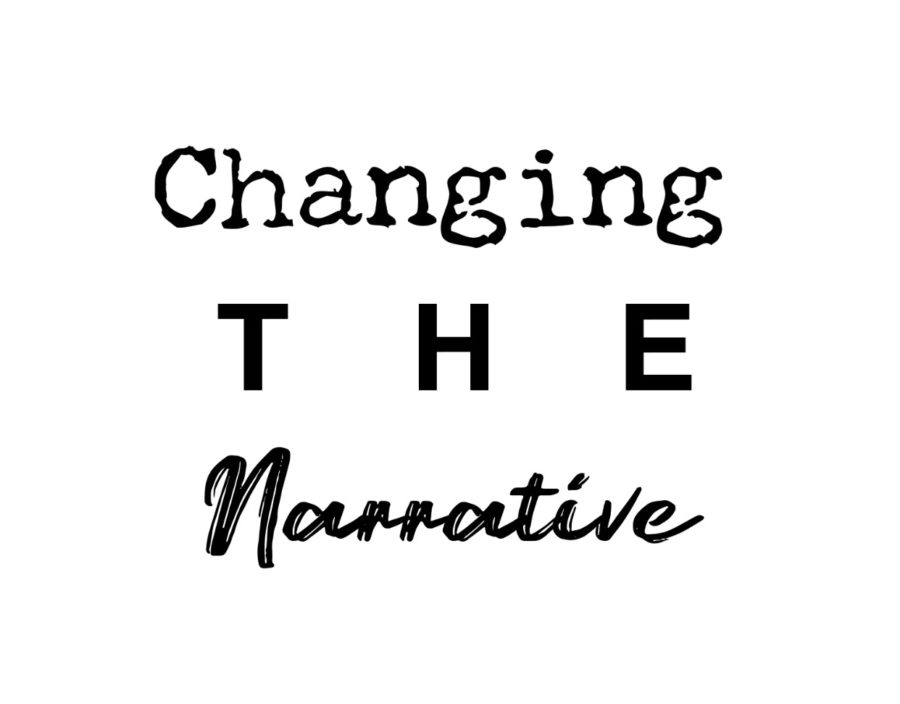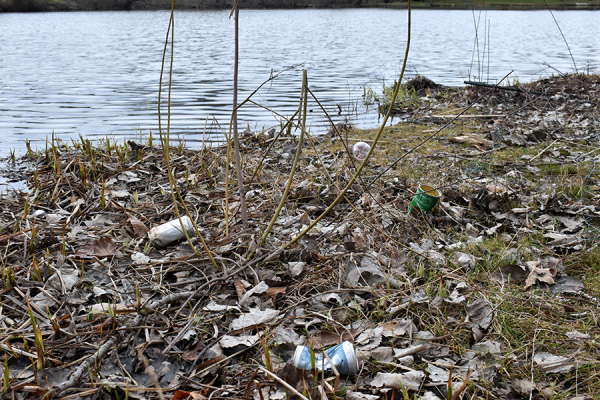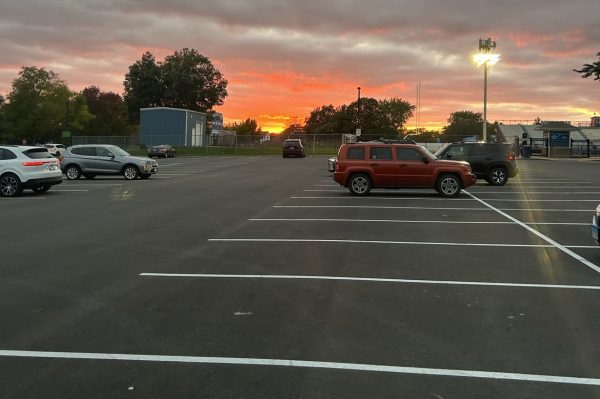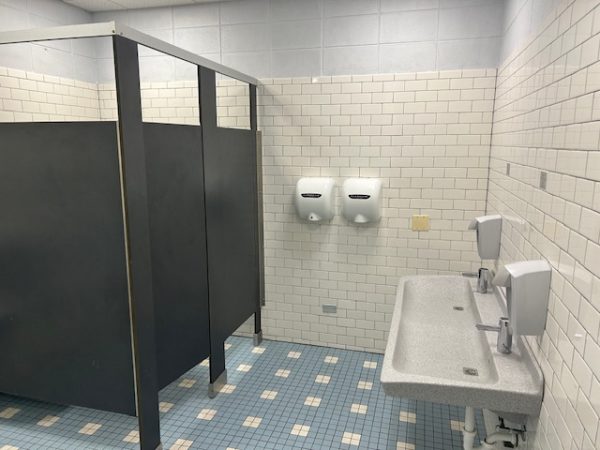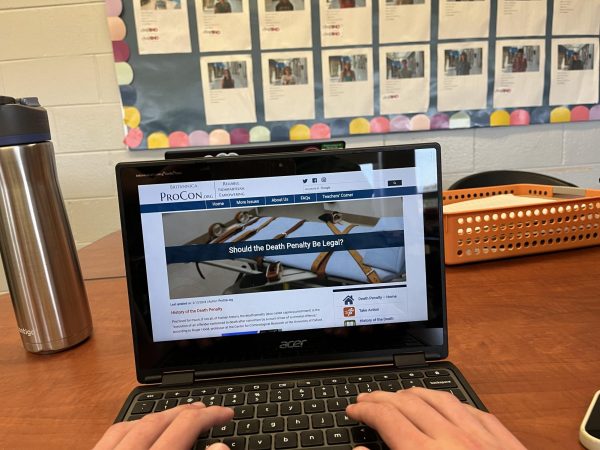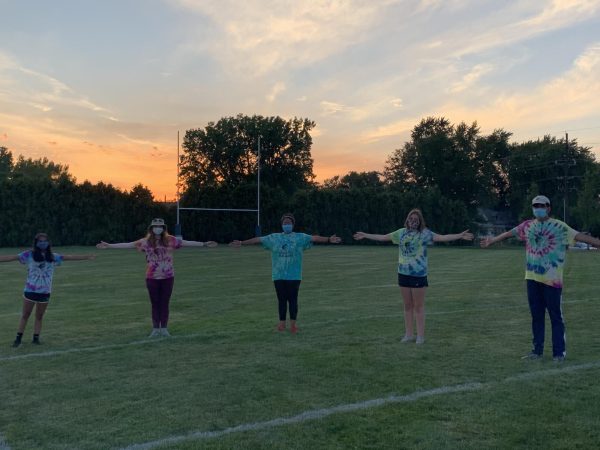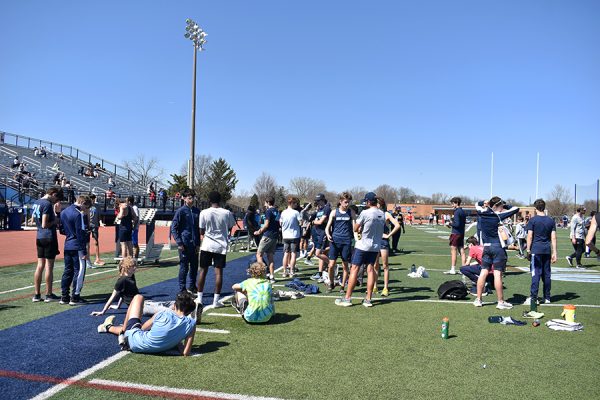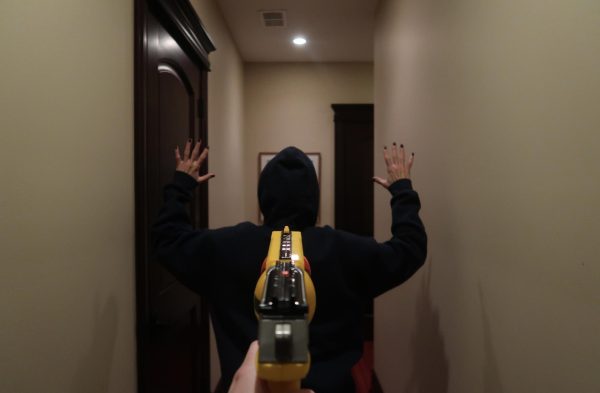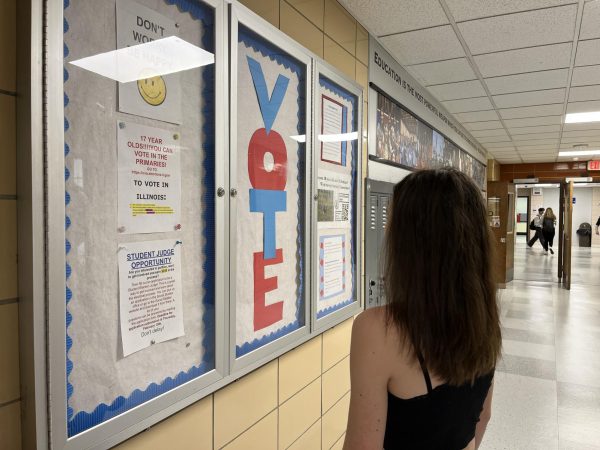Multicultural Studies now considered a civics credit
The design that will be on the shirts for the social studies department and Multicultural Studies classes, designed by junior Kevin Clyde Tate.
December 21, 2018
As of the 2018-2019 school year, Multicultural Studies is now considered a civics credit in the D99 school district.
In order to graduate, students need one civics credit. This is a result of the state mandate that requires high school students in Illinois to have one semester of a civics class to graduate. The social studies department chair Dr. Christopher Esposito addressed what the district looked for when discussing what civics courses to include in district 99.
According to Esposito, Multicultural Studies gives students more choice in what classes they can take that fill the required civics credit.
“We thought about [this] from the perspective of how many different options can we give students to achieve the civics requirement but also have some choice to take it in a subject manner that you’d be most interested in,” Esposito said.
Esposito also said that when the Illinois State civics requirement was passed, district 99 discussed the four main components of teaching civics. The departments considered government institutions, service learning components, discussing controversial issues and simulations.
However, according to Esposito the way these tenants are applied in Multicultural differ from other civics requirement courses.
“We’re not teaching directly the branches of government but we are teaching about the power of the courts and the power of Congress to make legislation [and] what executive orders the president puts forward,” Esposito said
Along with the class focusing on current government powers, social studies teacher Kristyn Campos believes that an important concept of the class is learning history from multiple perspectives.
“This course is important for students to take to understand that history is subjective and the dominant narrative often has components missing. Hearing the experiences of other groups in American history can help students understand the complexity of social relationships today,” Campos said.
Junior Danny De La Torre was able to provide insight on some of the aspects studied of current and historic events in the course.
“You learn lots of things regarding topics of current events, to breaking down certain history from minority groups that you can say have been marginalized. You learn about topics that you may have never been aware of,” De La Torre said.
According to Senior Laura Gagala, taking Multicultural exhibits honesty in relation to society.
“[Multicultural] opens up your eyes to things we tend to ignore. I will say that you have to be open minded and willing to see the truth … We learn about cultures and how/why people of different backgrounds come here and how they keep their culture,” Gagala said.
Junior Jordan Bertrand described the effects Multicultural Studies has on encouraging student voice.
“Many times we are discussing what we could do as young adults, to change the world today … By showing everyone what we have learned [we] could start a chain reaction of a new beginning,” Bertrand said.
Esposito emphasized the importance of knowing how government works in order to make a change in society and how Multicultural Studies aides students in doing so.
“Think about Dr. Martin Luther King Jr, there’s absolutely no way he is able to get the voting rights act passed or the civil rights act through to get Linda Johnson to support those things if he doesn’t understand the way government institutions work. There’s always a civics component to trying to create change … We still have issues of racial injustice that need to be corrected … We have an opportunity here, with a course like this, to teach people who believe in trying to make that change how to start thinking about it,” Esposito said.
Click here to watch a video on the outsider’s perspective on the topic.

